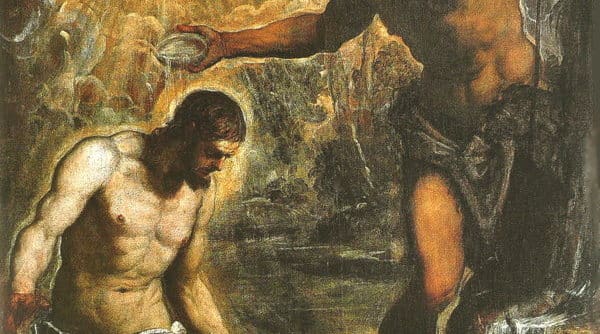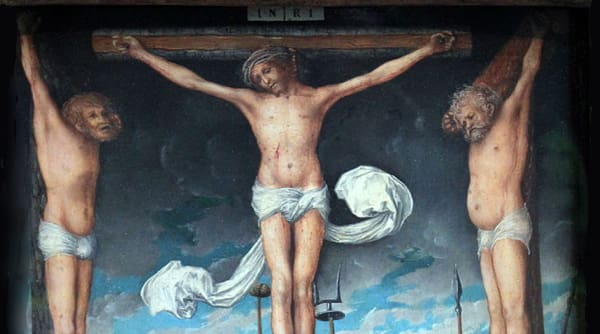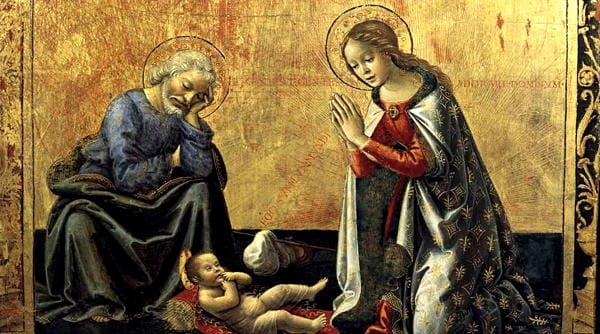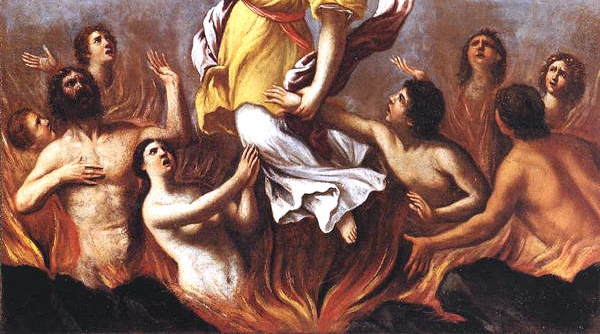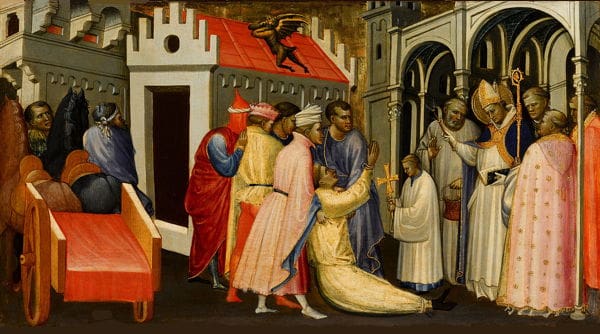
God Alone Suffices
A Reflection from “Meditations for Lent” by Bishop Jacques-Bénigne Bossuet “Lord, show us the Father, and we shall be satisfied” (John 14:8). God alone suffices, and all we need to possess him is to see him, because in seeing him, we see all his goodness, as he himself explained to Moses: “I will make




